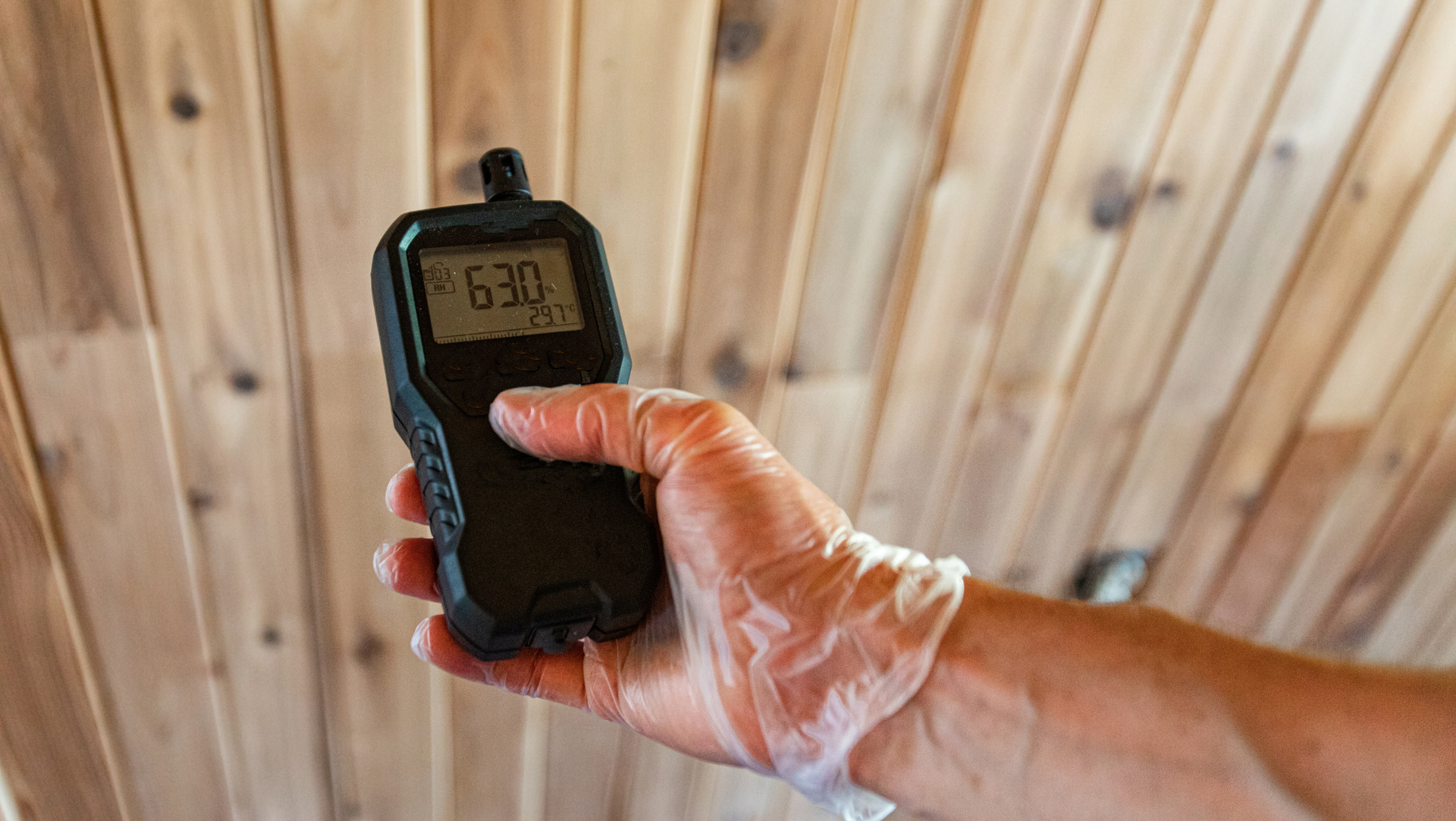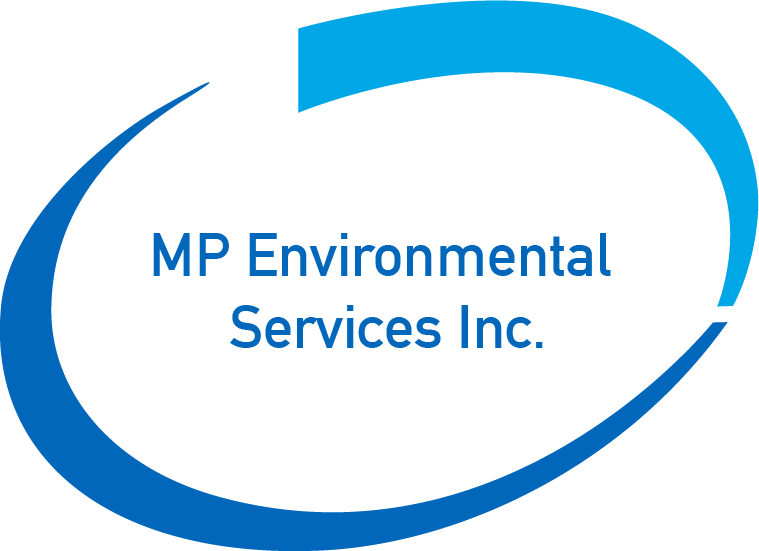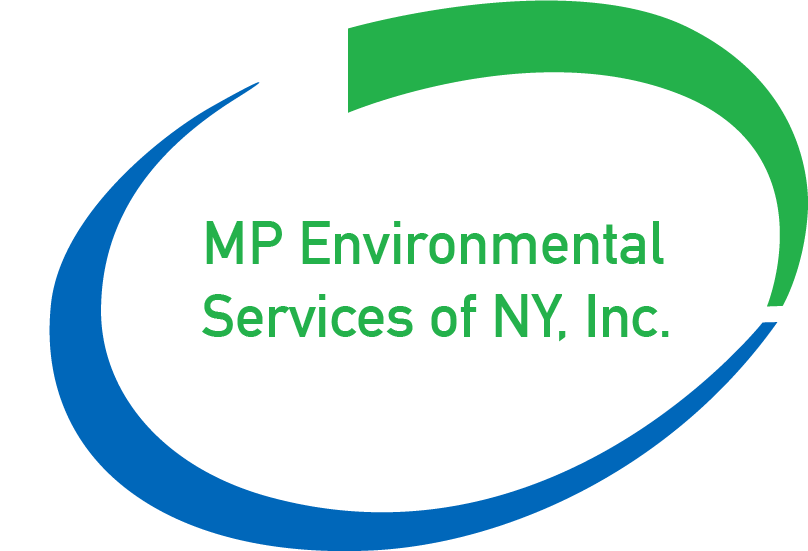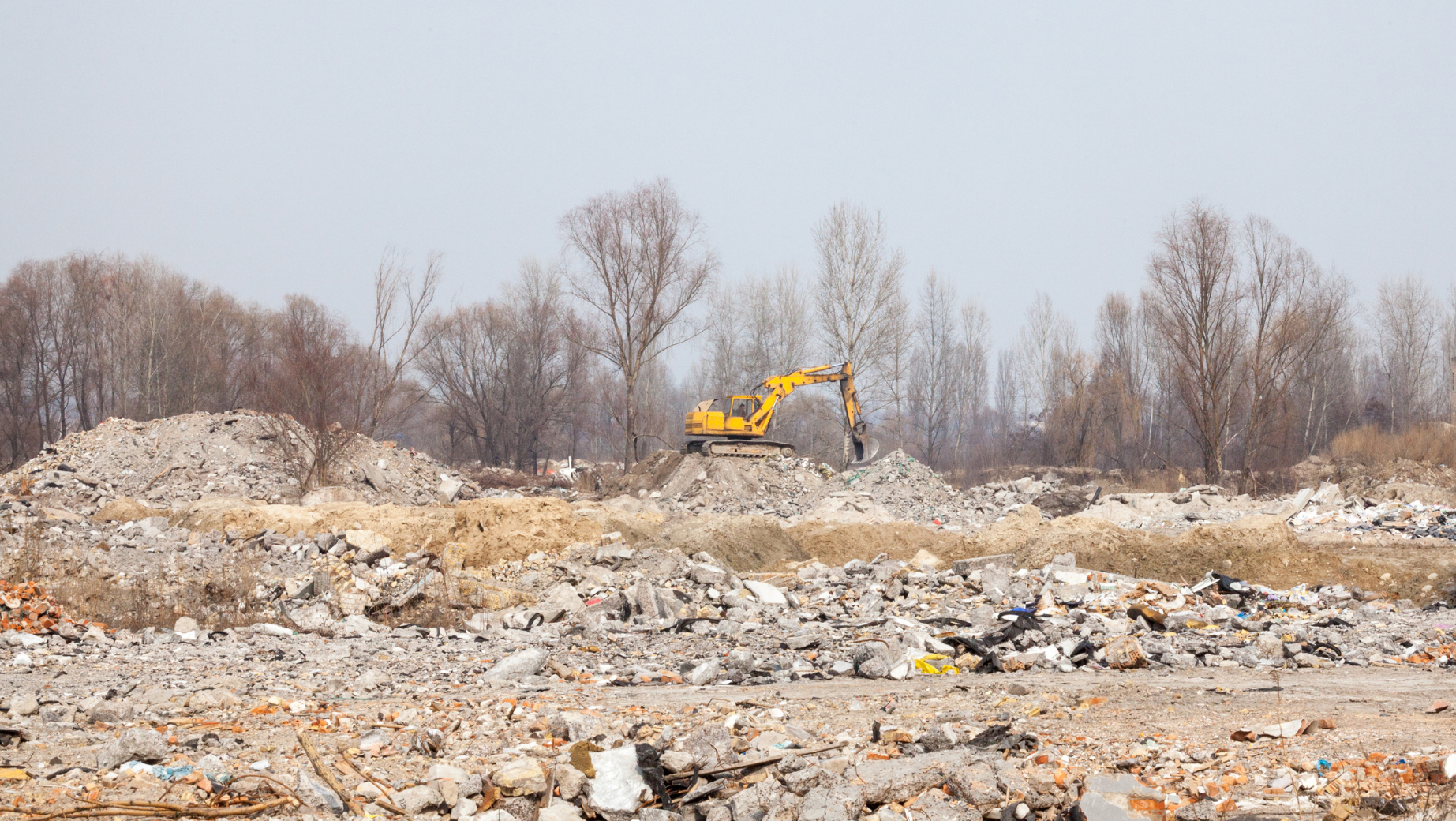The Importance of Air Quality Tests

Breathe Easy:
The Critical Role of Air Quality Tests in Healthy Living
Air quality plays a critical role in our overall health and well-being. Contaminated air can cause severe health issues, reduce productivity, and even damage property over time. For businesses, homeowners, and communities, regular air quality testing is essential to identifying and addressing potential hazards before they escalate.
Identifying Invisible Threats
Many air contaminants, such as carbon monoxide, radon, and volatile organic compounds (VOCs), are colorless and odorless, making them impossible to detect without proper testing. These pollutants can stem from building materials, cleaning products, or faulty HVAC systems. Regular air quality testing provides the data needed to identify and address these hidden dangers, ensuring a safe environment for occupants.
Protecting Health & Wellbeing
Poor air quality is a leading cause of respiratory illnesses, allergies, and chronic conditions such as asthma. Long-term exposure to certain contaminants, like mold spores or asbestos, can lead to more severe health issues, including cancer or neurological disorders. Testing for indoor air quality can pinpoint specific hazards, allowing remediation measures to reduce exposure and protect health.
Enhancing Productivity & Comfort
For businesses, air quality can directly impact employee performance and comfort. Poor air circulation or high levels of pollutants can cause fatigue, headaches, and difficulty concentrating. Testing ensures that indoor environments meet acceptable standards, fostering a healthier and more productive workplace.
Ensuring Regulatory Compliance
Many industries are subject to strict air quality regulations to protect workers and the environment. Conducting regular tests ensures compliance with local, state, and federal standards, avoiding potential fines and reputational damage. For property owners, air quality tests are also crucial during property sales, leases, or renovations.
Preventing Long-Term Damage
Certain pollutants, like mold or high humidity levels, can lead to structural damage if left unchecked. Air quality tests can detect these issues early, preventing costly repairs down the line. Identifying and addressing problems promptly helps preserve property value and ensures long-term safety.
Supporting Environmental Responsibility
Improving air quality isn’t just about protecting individuals; it’s about contributing to a healthier planet. Testing can help identify ways to reduce emissions, improve ventilation, and minimize energy use, supporting broader environmental goals.
Investing in air quality tests is a proactive step toward safeguarding health, enhancing comfort, and promoting sustainability. Regular testing ensures that your indoor spaces remain safe, compliant, and welcoming for everyone.





